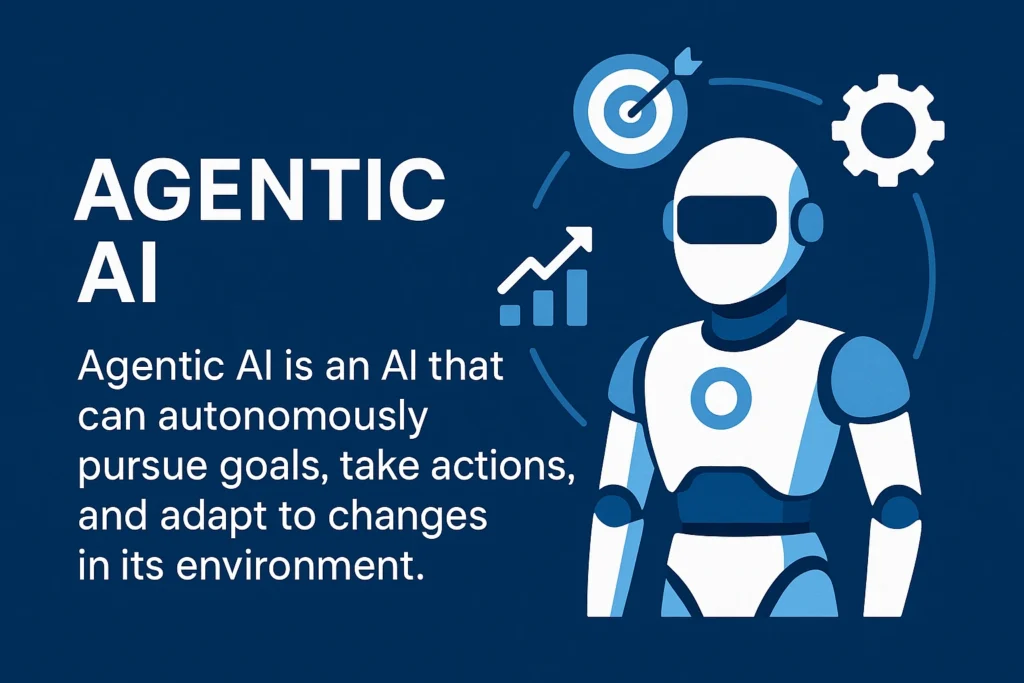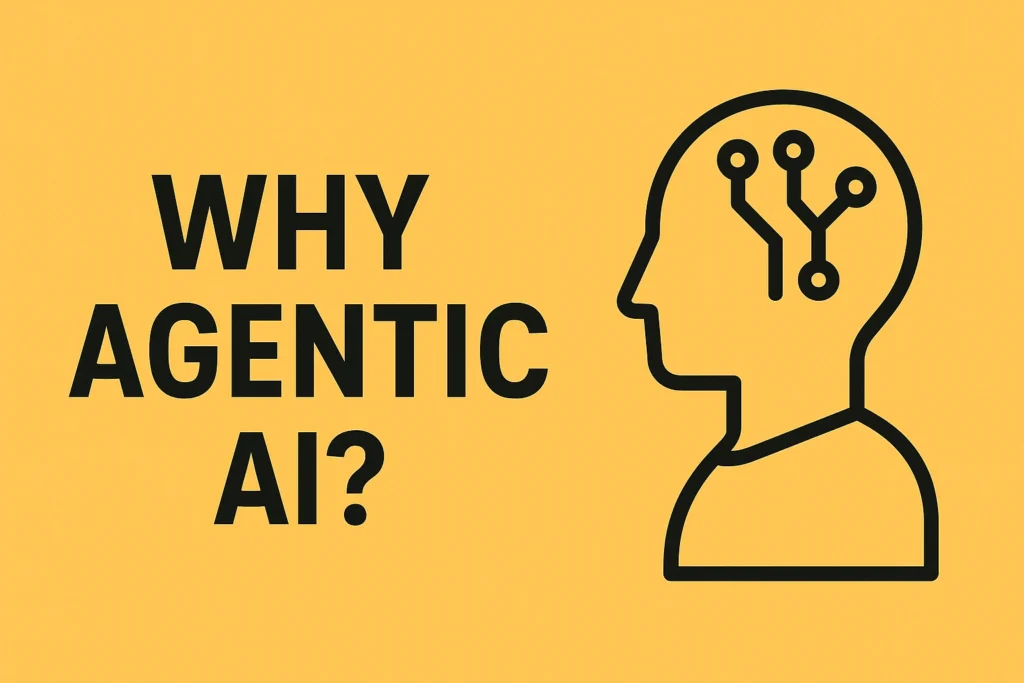Table of Contents
ToggleDigital Marketing's AI Evolution: Mastering the New Era

The Evolving Landscape of Digital Marketing and the AI Revolution
This document synthesizes key areas and essential insights focusing on the transformative impact of Artificial Intelligence (AI) on the digital marketing industry.
I. Overview
The digital marketing landscape is undergoing a significant shift, characterized by an oversaturation of entry-level roles and a critical shortage of skilled professionals for advanced, strategy-focused positions. AI is not eliminating digital marketing jobs but rather "changing them." Basic, repetitive tasks are being automated, demanding that professionals evolve from tool operators to strategic guides and data-driven decision-makers. Success in this new era hinges on leveraging AI, understanding data (ROI, ROAS), and building a strong, results-oriented portfolio.
II. Key Areas and Most Important Ideas
A. The Shifting Job Market: Oversupply at Entry-Level, Scarcity at Advanced Levels
The source highlights a stark imbalance in the digital marketing job market. There's an "oversupply of candidates for basic roles" leading to intense competition. The author observed a LinkedIn post where a "Digital Marketing Executive" role received "500 plus applications in just 2 hours." Conversely, for "Performance Marketing Manager," only "12 qualified candidates were found." This indicates a critical skill gap in India, where "50% of degree-holding youth lack sufficient skills for employment." The competition for "entry-level roles has increased by 300% in 2024," while "demand for performance-based roles is still high and supply is low."
B. AI as a Catalyst for Change, Not Job Elimination
A central theme is that AI is not taking jobs, but rather transforming the nature of work. The author explicitly states, "Jobs are not gone; actually, jobs have changed." Traditional tasks like "posting, running ads, sending emails" are now efficiently handled by AI. For instance, "ChatGPT creates 30 posts in 5 minutes," "ad platforms optimize automatically," and "email tools do hyper-personalization themselves."
C. The New Role of the Digital Marketer: Guiding AI and Focusing on Strategy
With AI handling execution, the digital marketer's role evolves to one of strategic oversight. The new role involves "guiding AI." The author emphasizes, "you tell AI the strategy, you track the results, you are the boss, AI is your employee." This shift requires a mindset change: "Whoever thinks AI will take their job is already losing; whoever thinks they can make 10x with AI is achieving."
"Whoever thinks AI will take their job is already losing; whoever thinks they can make 10x with AI is achieving."
Future Demand: Data Science, Machine Learning, and AI are skills that are "आने वाले टाइम में और डिमांड में आने वाली है ऑलरेडी बहुत डिमांड में चल रही है."
D. Essential Skills for the New Era: Data, Strategy, and AI Tool Proficiency
Success in this evolving environment necessitates a different skill set. While "basic jobs like posting on Facebook, creating Instagram Reels, running Google Ads are all automated," those who "know how to use AI tools, understand data, understand ROAS, understand ROI, and build a focused strategy based on that, their demand is still high and obviously their salary will also be high." The emphasis is on understanding "tools to run tools" rather than just "running tools."
E. Practical Tools and Strategic Approaches for Professionals
-
Recommended Tools:
- Notion: For content workflow management ("manage your entire content workflow").
- Metricool: For data analysis across social media platforms ("analyzes data from your Instagram, LinkedIn, everything").
- Swipelibrary: An ad library for inspiration ("top brands' best ad creatives and copies are saved"). These tools are presented as aiding "strategy building" rather than just "post creation."
-
Portfolio and Resume Building: Instead of listing basic tasks, resumes should highlight the impact of AI:
"Don't write 'handled Facebook, created posts.' You should write that 'AI tools increased content productivity by 5x,' 'email automation grew engagement by 40%,' 'ad spend optimized by 30% with data insights.'"
-
Practical Learning Plan (30 Days):
- Week 1: Master ChatGPT and Google Analytics.
- Week 2: Strengthen SEO.
- Week 3: Run Facebook Ads and Google Ads, and track results.
- Week 4: Build resume, portfolio, and start job applications.
-
The Importance of Continuous Upskilling: The author stresses that digital marketing is a "dynamic field" and "you will have to upgrade in every skill." The core message is clear:
"Whoever is evolving is growing; whoever is stuck is struggling."
III. Conclusion
The digital marketing industry is not facing an "end," but rather a profound "evolution" driven by AI. Professionals who embrace this change by developing strategic thinking, data analysis skills, and proficiency in AI tools will thrive. The future belongs to those who can effectively guide AI to achieve measurable business outcomes, moving beyond rudimentary tasks to focus on high-value, impact-driven strategies.
FAQ: Digital Marketing & AI Revolution
Entry-level digital marketing roles are experiencing a surge in competition, with some reports indicating a 300% increase in 2024. This is largely due to a mismatch between job seekers and available positions, with hundreds applying for a limited number of basic roles. The fundamental shift is that traditional tasks like posting on social media, running basic ads, and sending emails are now being efficiently handled by AI tools. AI can generate dozens of posts in minutes, optimize ad campaigns automatically, and personalize emails, reducing the need for human input in these basic operations.
AI hasn't eliminated digital marketing jobs; rather, it has transformed them. Previously, marketers spent time on manual tasks like creating content or optimizing ads. Now, AI performs these functions. The new role of a digital marketer is to guide AI. This involves strategizing, tracking results, and making high-level decisions. The human becomes the "boss," and AI acts as the "employee," executing tasks efficiently. This shift means that marketers who adapt to leveraging AI will thrive, while those who resist will struggle.
The demand has shifted from basic operational skills to advanced, strategy-focused capabilities. Highly sought-after skills include understanding data, calculating and improving Return on Ad Spend (ROAS) and Return on Investment (ROI), and developing focused strategies based on these insights. Marketers who can effectively use AI tools to achieve business objectives are in high demand and command higher salaries. The focus is no longer on simply running tools but on making tools run for you to achieve strategic outcomes.
Professional digital marketers use tools that go beyond basic content creation and focus on strategy and analysis. Three examples include:
- Notion: For managing the entire content workflow, including scheduling posts, drafting captions, and tracking pending ideas. It offers superior planning capabilities compared to traditional methods.
- Metricool: For analyzing data across various platforms like Instagram and LinkedIn. It helps identify high-engagement posts and optimal posting times, enabling smarter decision-making.
- Swipel well: An ad library that compiles top brands' best ad creatives and copies. This serves as a source of inspiration for creating more effective ad content. These tools help marketers move from mere content creation to strategic planning.
To build a compelling portfolio, aspiring digital marketers should undertake a practical project. This involves:
- Creating an imaginary brand.
- Developing a content calendar.
- Using AI tools like ChatGPT to write posts and Canva for image creation.
- Sending emails via tools like Mailchimp.
- Running a small-budget Facebook ad campaign (e.g., ₹100).
- Crucially, tracking and documenting all results with screenshots. This comprehensive approach demonstrates practical application of modern tools and strategic thinking.
Instead of listing basic tasks like "handled Facebook" or "created posts," resumes should highlight the impact and results achieved using AI and data. For example, instead of "managed social media," one should write "increased content productivity by 5x using AI tools" or "grew email engagement by 40% through email automation." Quantifiable achievements like "optimized ad spend by 30% with data-driven insights" are much more effective. Interviewers will focus on which tools were used, how AI was applied, and how ROI was calculated, so preparing with concrete examples and data is key.
A structured 30-day plan can help individuals adapt:
- Week 1: Master ChatGPT and Google Analytics.
- Week 2: Strengthen SEO knowledge and skills.
- Week 3: Learn to run and track results for Facebook Ads and Google Ads.
- Week 4: Focus on building a professional resume, completing the portfolio, and beginning job applications. This plan emphasizes practical application and results tracking, essential for the evolving digital marketing field.
The core message is that digital marketing is not ending; it is evolving. It's a dynamic field where continuous upskilling is necessary. Those who embrace evolution and adapt to new technologies like AI will grow and succeed, while those who remain stagnant will struggle. The decision to become a "victim" of change or a "winner" who leverages new opportunities rests with the individual. The emphasis is on proactive learning, practical application, and demonstrating quantifiable impact.
Posts Gallery

Agentic AI for Enterprise Automation
Discover how Agentic AI revolutionizes enterprise automation, boosting efficiency and strategic decision-making.
Read More →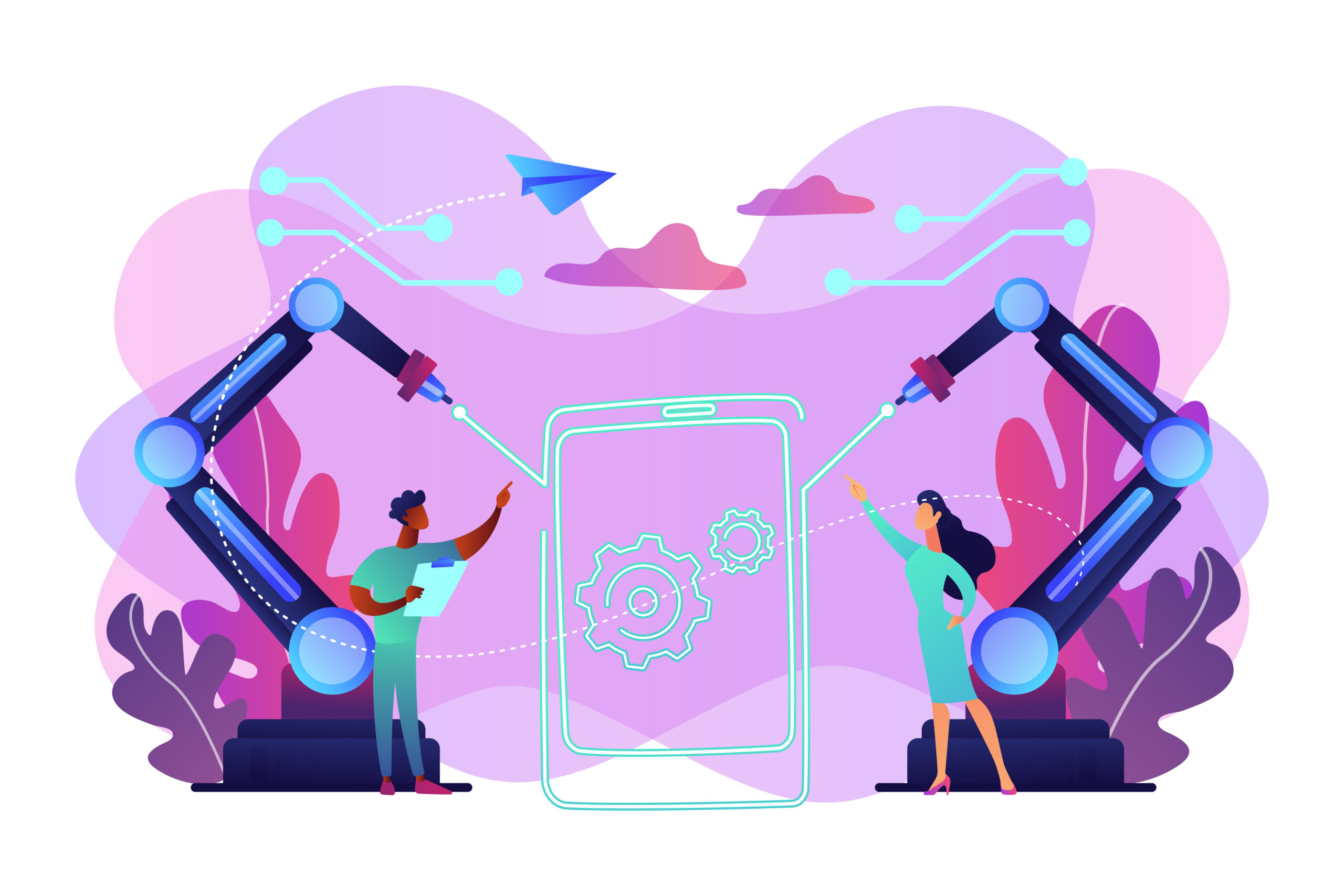
How Agentic AI Works: Intent to Execution
Unpack the intricate process of Agentic AI, from understanding user intent to executing complex tasks autonomously.
Read More →
Purpose & Use Cases of Agentic AI
Explore the diverse applications and strategic importance of Agentic AI across various industries and daily operations.
Read More →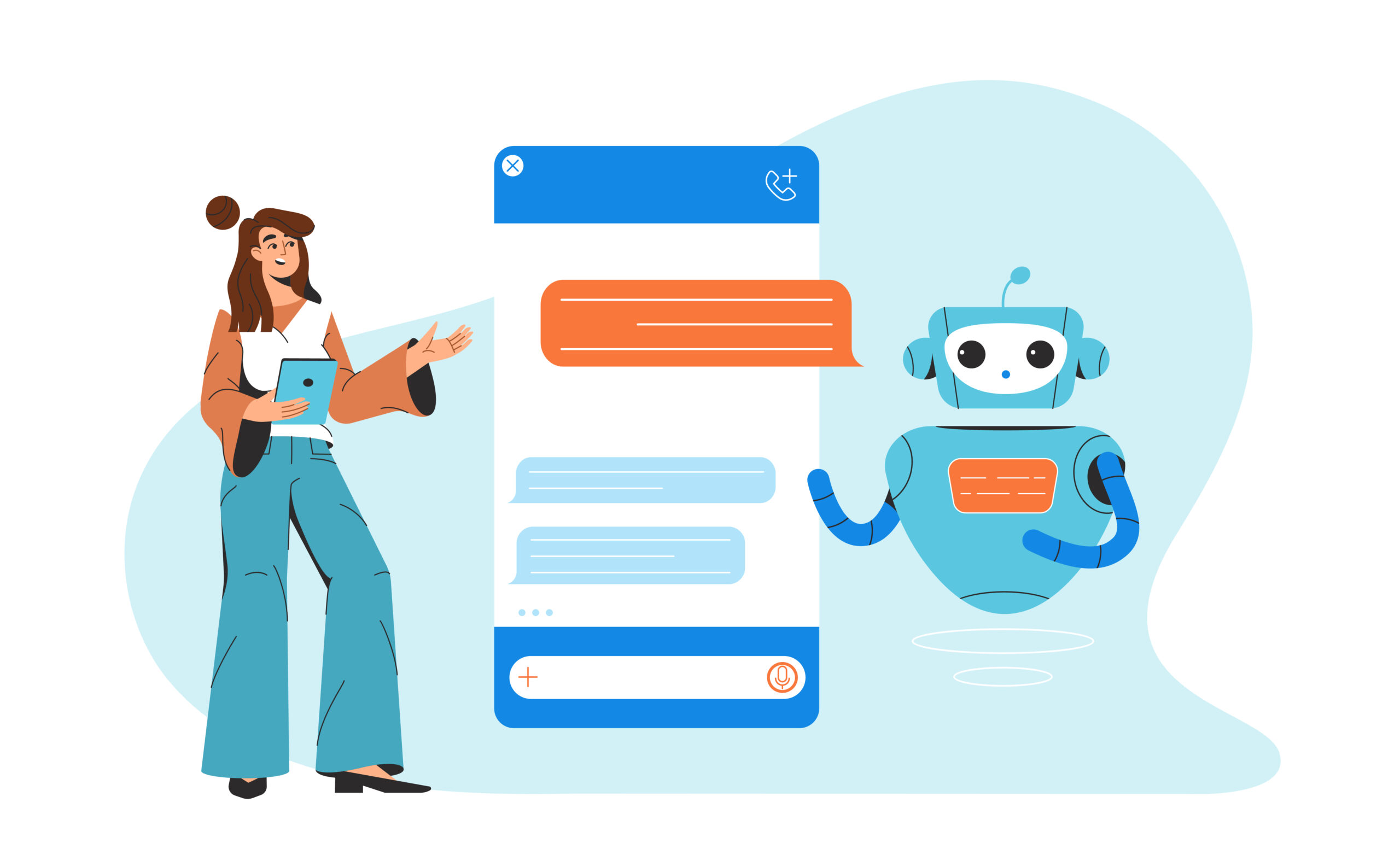
What is Agentic AI?
A foundational article explaining the core concepts of Agentic AI, defining its components and its role in modern automation.
Read More →
Why Agentic AI?
Understand the compelling reasons and significant benefits that make Agentic AI a transformative technology for efficiency and innovation.
Read More →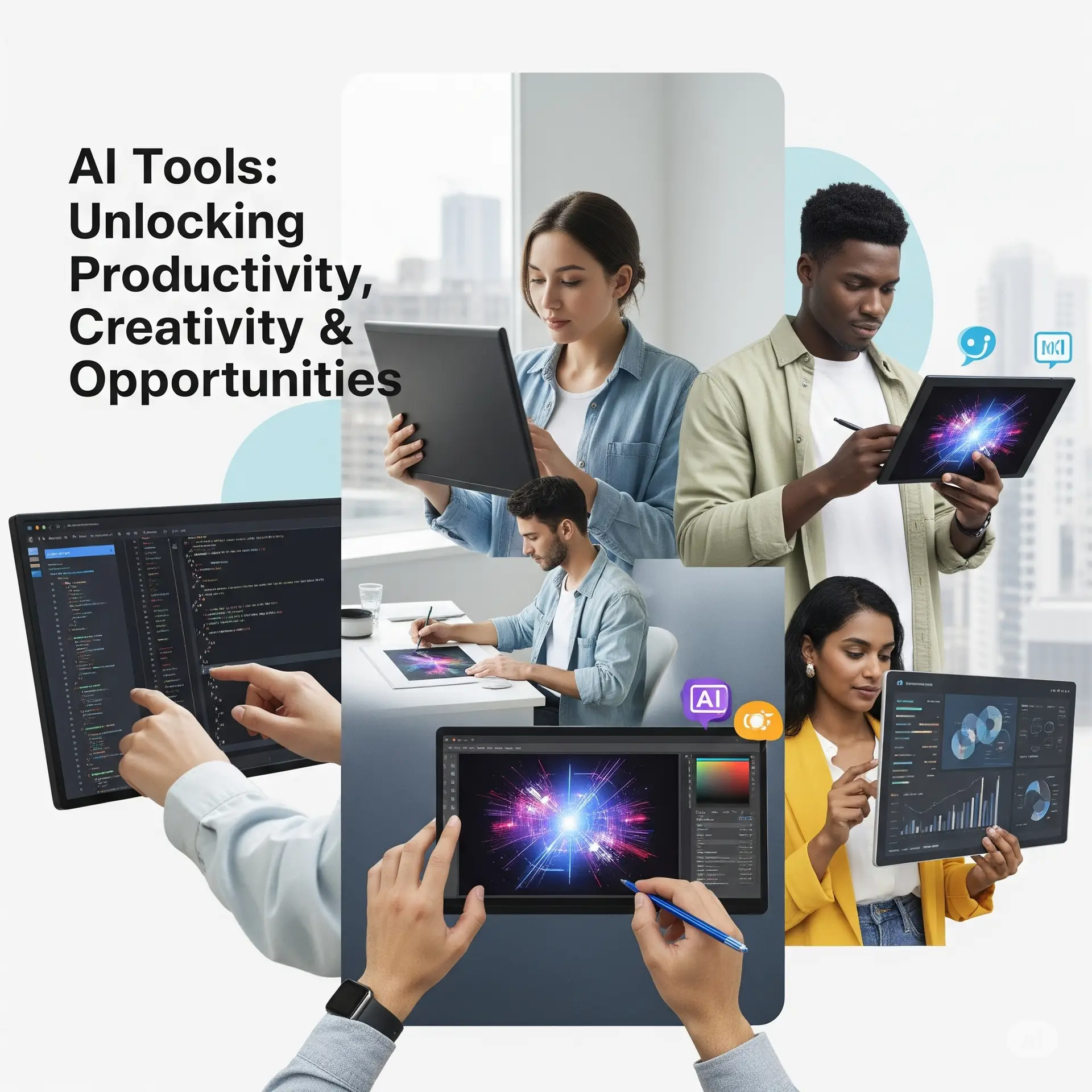
AI Tools Spotlight
A comprehensive overview of cutting-edge AI tools that are shaping the future of automation and intelligent systems.
Read More →
